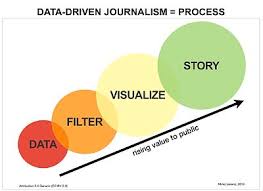As we are living in the information age, digital economy leads to the rise of digital labor.
Digital labor provides the effective social activities which are not generally regarded as work, such as the increasing participation on social media websites.
YouTube is the leading video sharing online media platform around the world. It allows users to create original content and interact with others on the platform, aiming to advance the public freedom of sharing opinions and expression. So YouTube is a large digital labor market.

As YouTube claims that everyone could speak and share opinions freely on this platform,most YouTubers begin to create videos for their interests. Being a YouTuber can satisfy users’ need of expression and interaction with others.
It is win-win strategy that YouTube helps users become famous. YouTube devotes services to boosting the consumption of videos by analyzing user data, which means that the complex algorithm system of YouTube usually recommends specific interesting videos to people, which can satisfy their demand. Compared to other video sharing websites, YouTube has the best efficient algorithm system. Therefore, YouTubers are more likely to be popular than other bloggers on other social media platform.
When YouTubers become the Internet celebrities with millions fans, they usually Monetize track in two main ways, which helps them become high-income class. First, they will collaborate with fashion brands. For example, they may not only display advertisements in their videos, but also provide jointly-designed products. Second, they will set up their own studios with an experienced team, developing from amateurs to professional bloggers. The studios take charge of professional videos, business negotiation about high advertising revenue, create their own brands and sell products. A large number of their fans will support the sale.
Extra reading:
YouTubers are known for youthful exuberance. So what happens when one gets seriously ill?








